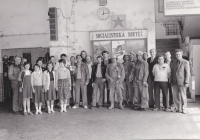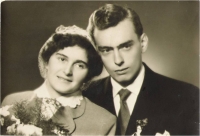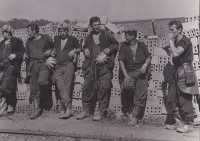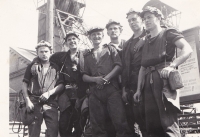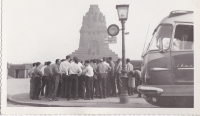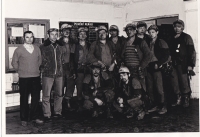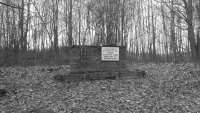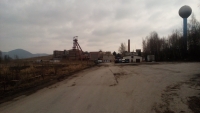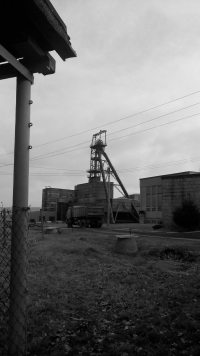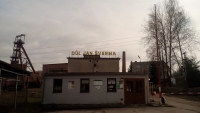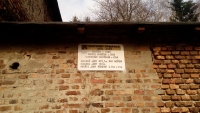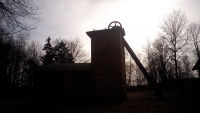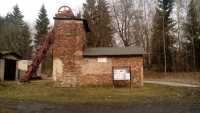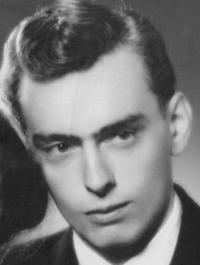The Russians ruined it all
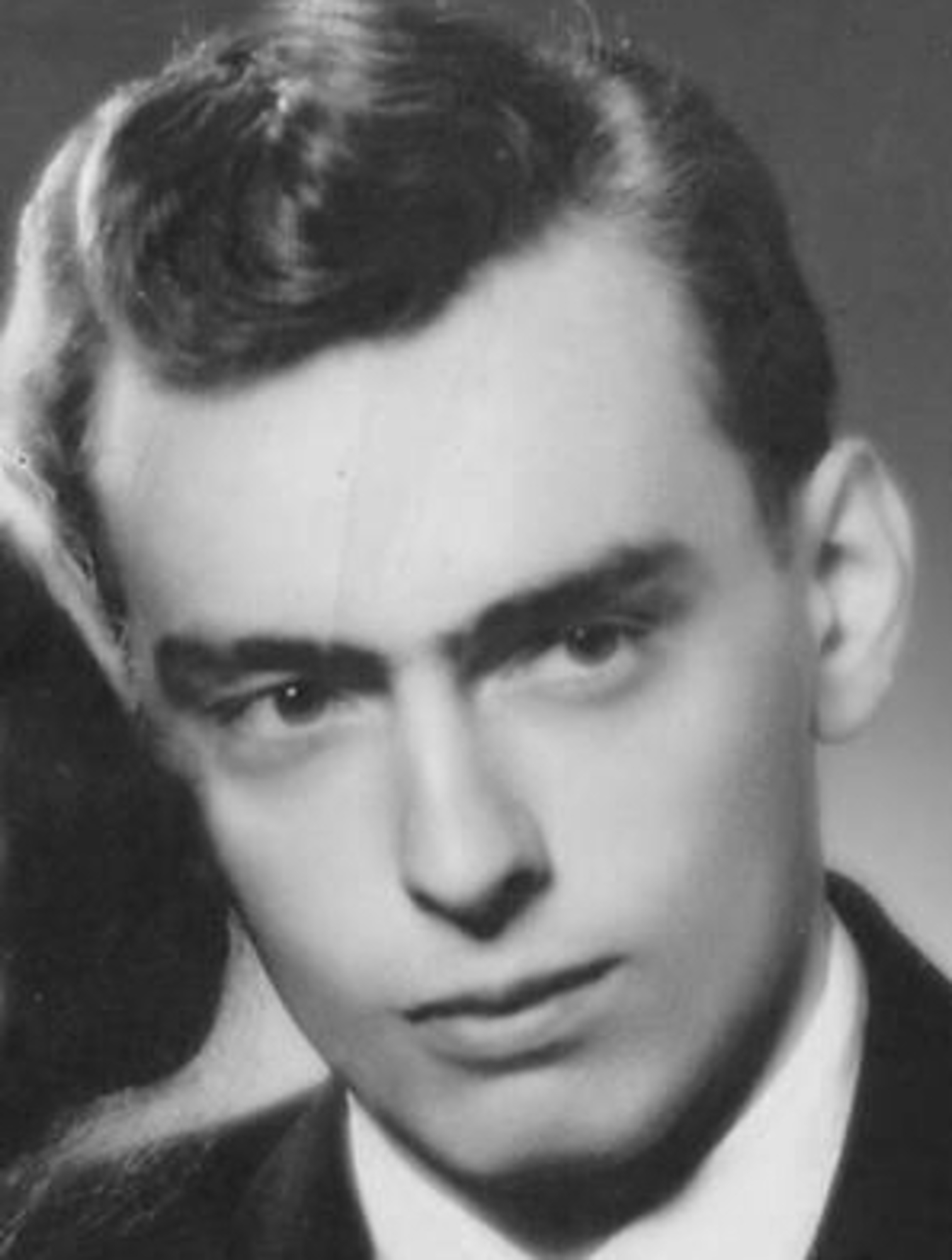
Download image
Jaromír Schimek was born on January 1, 1937 in Jásenná into a mixed Czech-German family. His mother was Czech and his father was a German who had to go to work in Germany during World War II and later also to join the army. When Jaromír grew up into the school age, the war was still going on, and he refused to learn German and go to German school. At the age of six, he started to avoid to school every day until it came out. At that time, the Gestapo came home for him, but for the first time he managed to escape. However, they found him later and took him to an educational institution in Náchod, from where he also managed to escape. After the war, his father returned illegally to Czechoslovakia, but he was afraid of post-war persecution of Germans, and preferred to emigrate to France. The family did not hear about him until after 24 years of separation, when he contacted them with a request for divorce documents. Jaromír also went to France to get his father’s invitation. He wanted to be a farmer by profession, but he only had a chance to get into mining. After the end of the apprenticeship in 1954, he began working in Žacléř at the Jan Šverma mine, where he remained for 38 years until his retirement.
